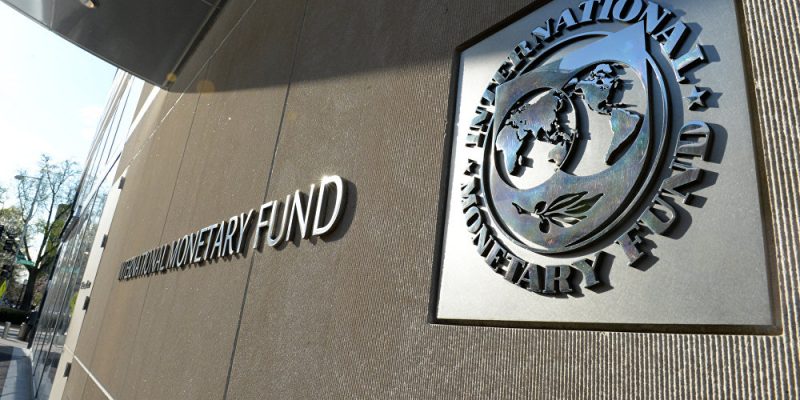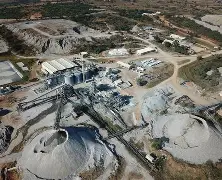The International Monetary Fund has projected that Zimbabwes real GDP is expected to grow by 3.5% down from 8% recorded last year.
The IMF said that the decline in economic growth in Zimbabwe is as a result of mounting fiscal instability and a decline in agricultural output, according to the International Monetary Fund (IMF) on Monday.
“After rising to about 7% in 2021, real GDP growth is expected to decline to about 3.5% in 2022” as erratic rains and rising macroeconomic instability hamper agriculture, Dhaneshwar Ghura, head of a visiting IMF team, said in a statement.
Zimbabwe has suffered an economic downturn for close to two decades, and fresh price and exchange rate depreciation pressures have returned. Inflation skyrocketed to 285% in August, according to the IMF, a rise from 60% at the start of the year.
“Uncertainty remains high, however, and the outlook will depend on the evolution of external shocks, the policy stance, and implementation of inclusive growth-friendly policies,” Ghura said following a visit to the country’s capital Harare.
Zimbabwe owes billions of dollars to international elnders and the Bretton Woods Instiutin said that at the moment it was not able to assist Zimbabwe with a financial injection .
“The International Monetary Fund provides technical support to Zimbabwe, but is unable to offer financial aid to the country “due to unsustainable debt and official external arrears,” he added.
International Monetary Fund (IMF) staff team led by Dhaneshwar Ghura conducted a mission to Harare during December 1–15, 2022, in the context of the 2023 Article IV Consultation held meetings with Minister of Finance and Economic Development Honorable Professor Mthuli Ncube, his Permanent Secretary Mr. George Guvamatanga, Reserve Bank of Zimbabwe Governor Dr. John Mangudya, Deputy Chief Secretary to the President and Cabinet Mr. Willard Manungo, other senior government and RBZ officials, representatives of the private sector, civil society, and Zimbabwe’s development partners.





Comments